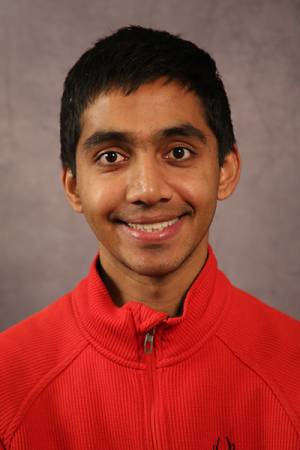
Abstract:
Teams of multiple robots working together can achieve challenging tasks like warehouse automation, search and rescue, and cooperative construction. However, finding efficient collision-free motions for all agents is extremely challenging as the complexity of the multi-agent motion planning (MAMP) problem grows exponentially with the number of agents.
Multi-Agent Path Finding (MAPF) is a subset of multi-agent motion planning that typically focuses on simple planar robots but can be generalized to other robot systems. The majority of modern MAPF methods compute complete start-goal (global) paths, however computing partial (local) paths offers several advantages including faster planning, adaptability to changes, and compatibility with decentralized systems. Additionally, local planning makes it easier to incorporate machine learning as it makes the prediction problems more tractable and reduces data collection requirements. Despite these benefits, local planning is challenging as it is likely to get stuck in livelock or deadlock. Thus, the main objective of my thesis is to effectively solve global multi-agent motion planning leveraging local policies, learned or planned, while avoiding the typical pitfalls of local reasoning.
The first part of this talk will focus on demonstrating how augmenting local ML policies with heuristic search can dramatically improve scalability by reducing deadlocks compared to just ML policies by themselves. The second part of the talk will describe two different approaches for maintaining solution guarantees (i.e., not getting stuck in deadlock) with partial planning, including using a learnt ML policy. My proposed work focuses on applying and generalizing these techniques to more complex and real-world systems including multi-quadruped teams.
Thesis Committee Members:
Maxim Likhachev (co-chair)
Jiaoyang Li (co-chair)
Guanya Shi
Mac Schwager (Stanford)
Vijay Kumar (University of Pennsylvania)
More Information
